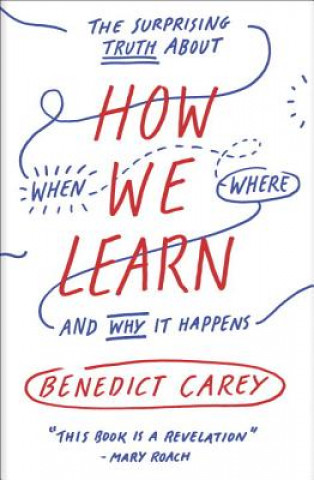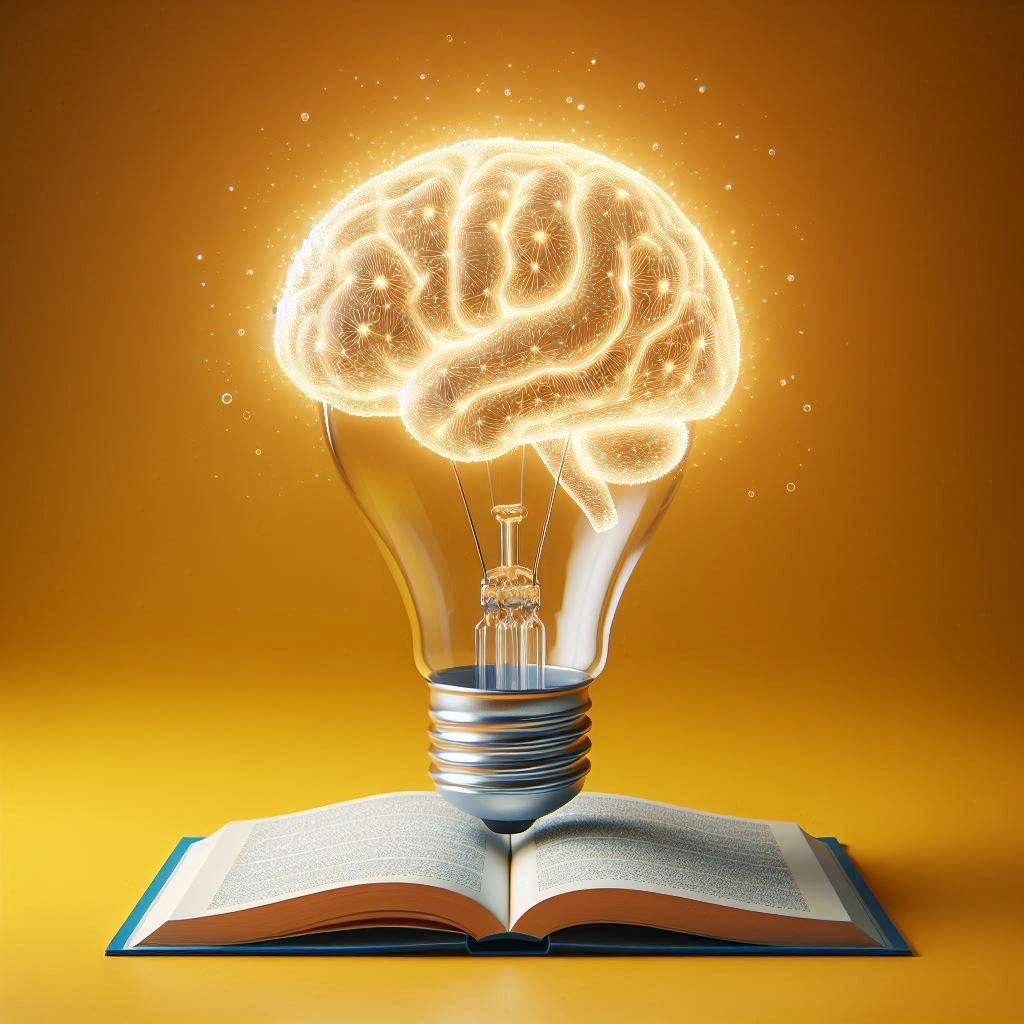In last weeks blog The Science of Learning – Part 1 I regaled a whimsical tale of how I perceived learning as a child. This week I will discuss the book that got me thinking about thinking.
In a mad scramble to use up my Audible credits before they expired I stumbled on a book by Benedict Carey called How We Learn. I listened to this book over two weeks during my evening dog walks and it has opened my mind (pun intended) to how our brains store and recall information. This is not a get smart fast book but rather a journey on what scientists know on how the brain works and insight into what clinical studies have taught us.

Benedict has managed to make what could of been a dry topic into a fascinating insight to science and psychology by mixing his own life stories with the history of research into this field. It is a thoroughly enjoyable journey from start to end.
One story that comes to mind is that of a epilepsy patient of the 1950’s that underwent brain surgery to cure his seizures. The surgery involved splitting the hippocampus to reduce the severity of the seizures. While the surgery was considered a success in reducing his epileptic fits it unfortunately caused the patient permanent short term memory loss. He could recall his life pre-surgery – His parents names, his birthday, the name of his school teacher but he could not retain any new memories. Over the years doctors tested the patients abilities and progress. One test had a very unique outcome.
Over the course of a few weeks he was asked to sit at a desk and practice drawing a star shape for 10 minutes. To up the ante he could only use the reflection of his hand in a mirror to guide him, thus reversing the view of his hand and the paper. As you could imagine this was not an easy task at first. Each new session showed incremental improvements in his ability of the task and by the end of it he had learnt to draw a perfect star and in record time. The baffling part to this is that he had no recollection of ever learning this new skill! On his last day he was recorded the he thought the task would be a lot harder. There was a part of is brain still able to store, retrieve and improve upon the motor skills needed for this task.
Outside of these scientific stories and findings the book also offers practical advice. Did you know that one of the best ways to remember something is to forget it? Neither did I! Apparently the act of forgetting information or removing it from the forefront of your mind allows you to strengthen the neural pathways to where that information is stored.
“we can have a greater long term retention of information by forgetting.”
Here is a brief summary of some other suggestions the book makes.
Space out study
It is actually good to distract ourselves in between sessions. Taking breaks in-between study sessions help us process information better.
Don’t learn in blocks
Studying a specific topic on its own can lead to a illusion of memorising, when in fact iti si only a short-term memory recall. You should mix up your studying of new topics with topics you already know. This will allows for better long-term memory recall.
Test yourself first, then study
Testing yourself is one of the best ways of learning, but always do this before your study session. You apparently remember more about what you got wrong, thus instilling your knowledge further.
Beware the highlighter!
We can easily give ourselves a false impression that we have learnt something. This is known as the intuitive illusion, when you convince yourself you have learnt new information without having secured a retrieval paths required for long-term retention. One pitfall is highlighting paragraphs in a text book. When you do this your brain is actually skipping over these sections as something already learnt. A better approach is to rewrite the sentence out into a note book. Notice the word rewrite – as writing it verbatim will not help secure the understanding of what you want to remember.
Sleep on it
Research has show how crucial sleep is to the retention of information. It is recommended that we should all get eight hours of sleep each night and each part of it (especially NREM* and REM) helps to build a strong memory.
*Non-Rapid Eye Movement
Learn to forget
This sounds counter productive but we can have a greater long term retention of information by forgetting. What this means in practical terms is to space out your studies. If you have an exam in a months time then you should only study once or twice a week on the lead up. A simplistic plan would be: –
- Test yourself and Study
- Get your full 8 hours sleep
- Leave it until your next study session before hitting the books again (if you want)
- Rinse and repeat.
While I have not been able to try out any of these new techniques yet it has given me a new approach to how I will hit the books next time I study for an exam and choose a style that is smarter and not harder.


Leave a Reply